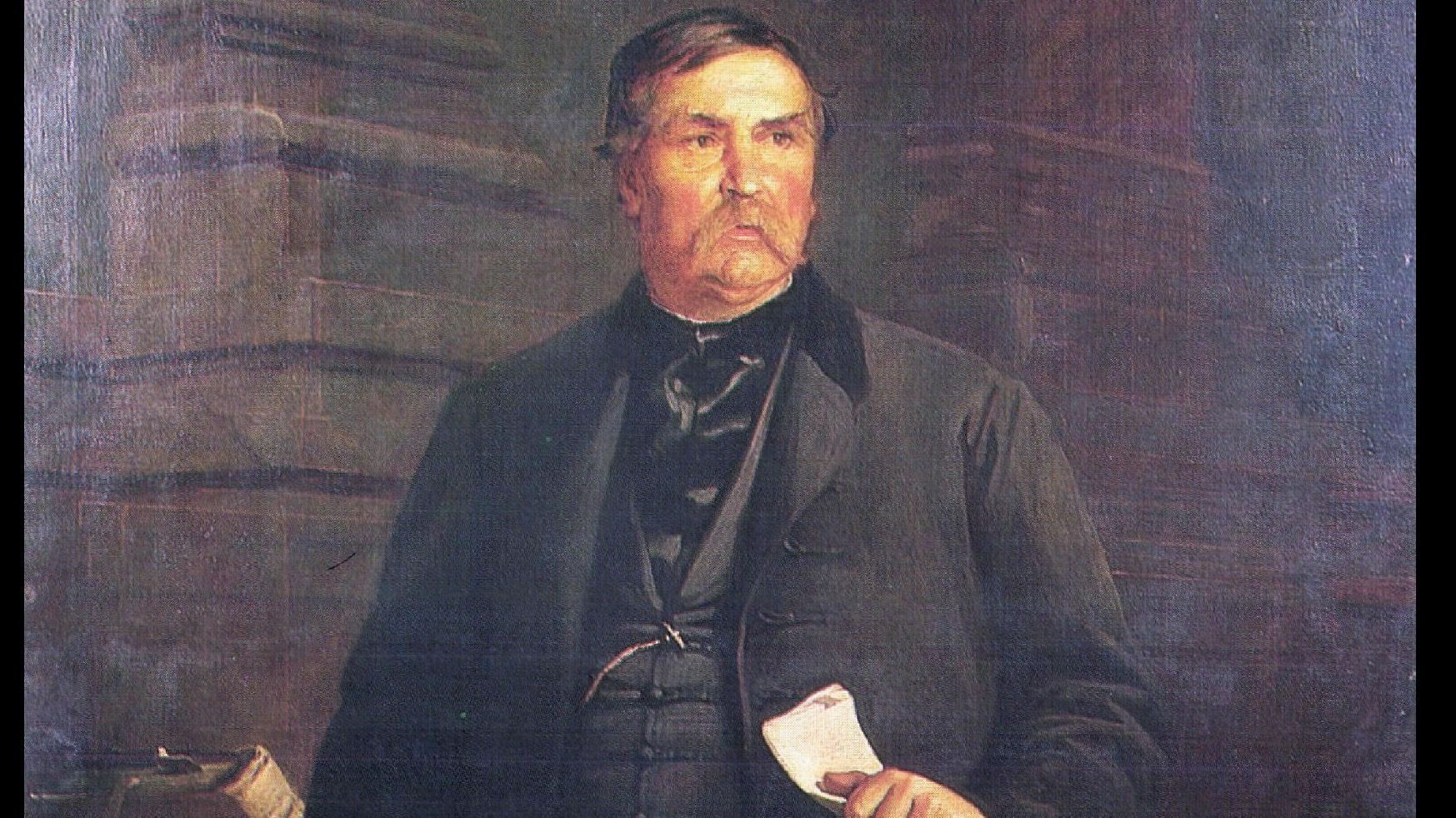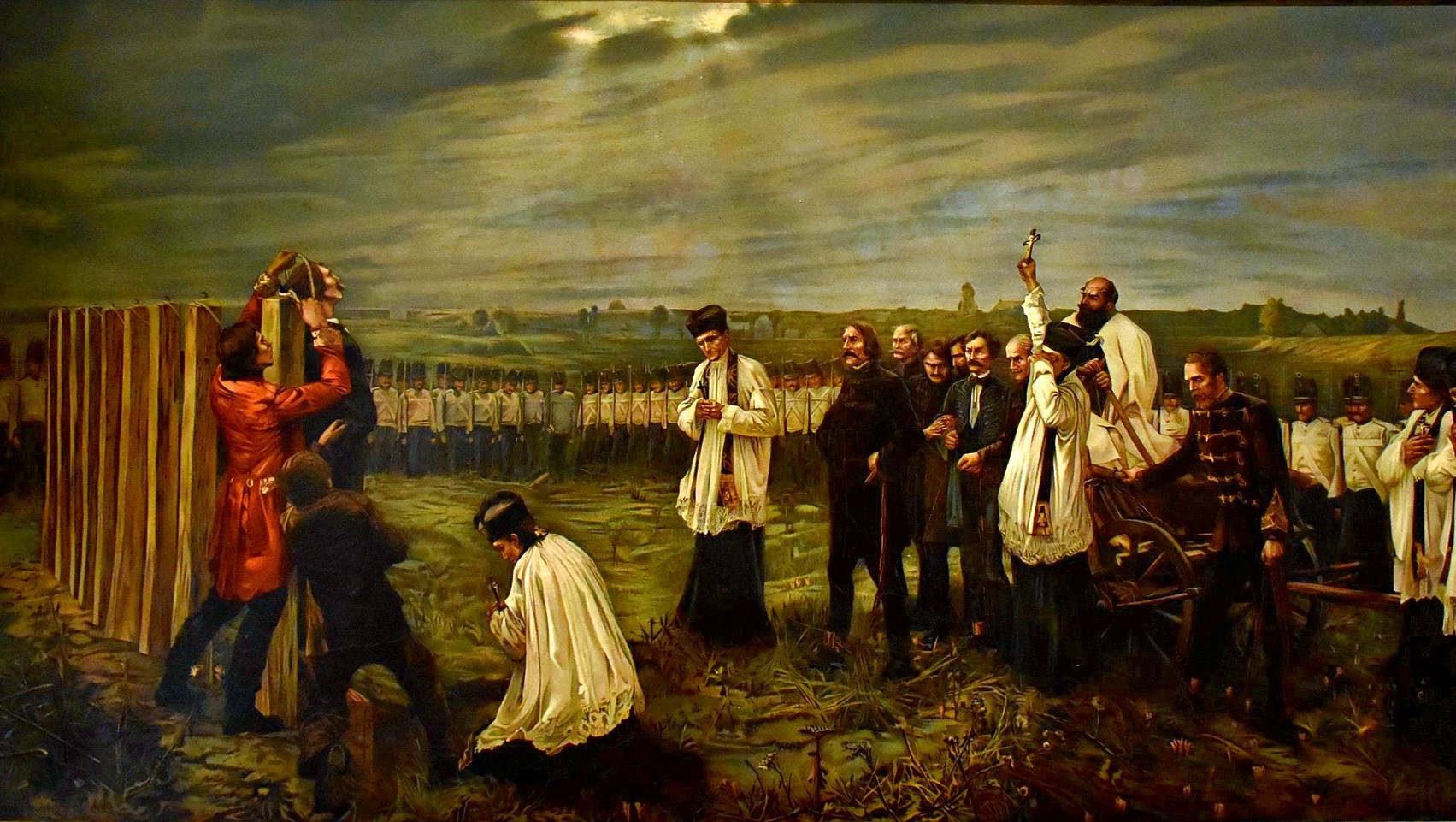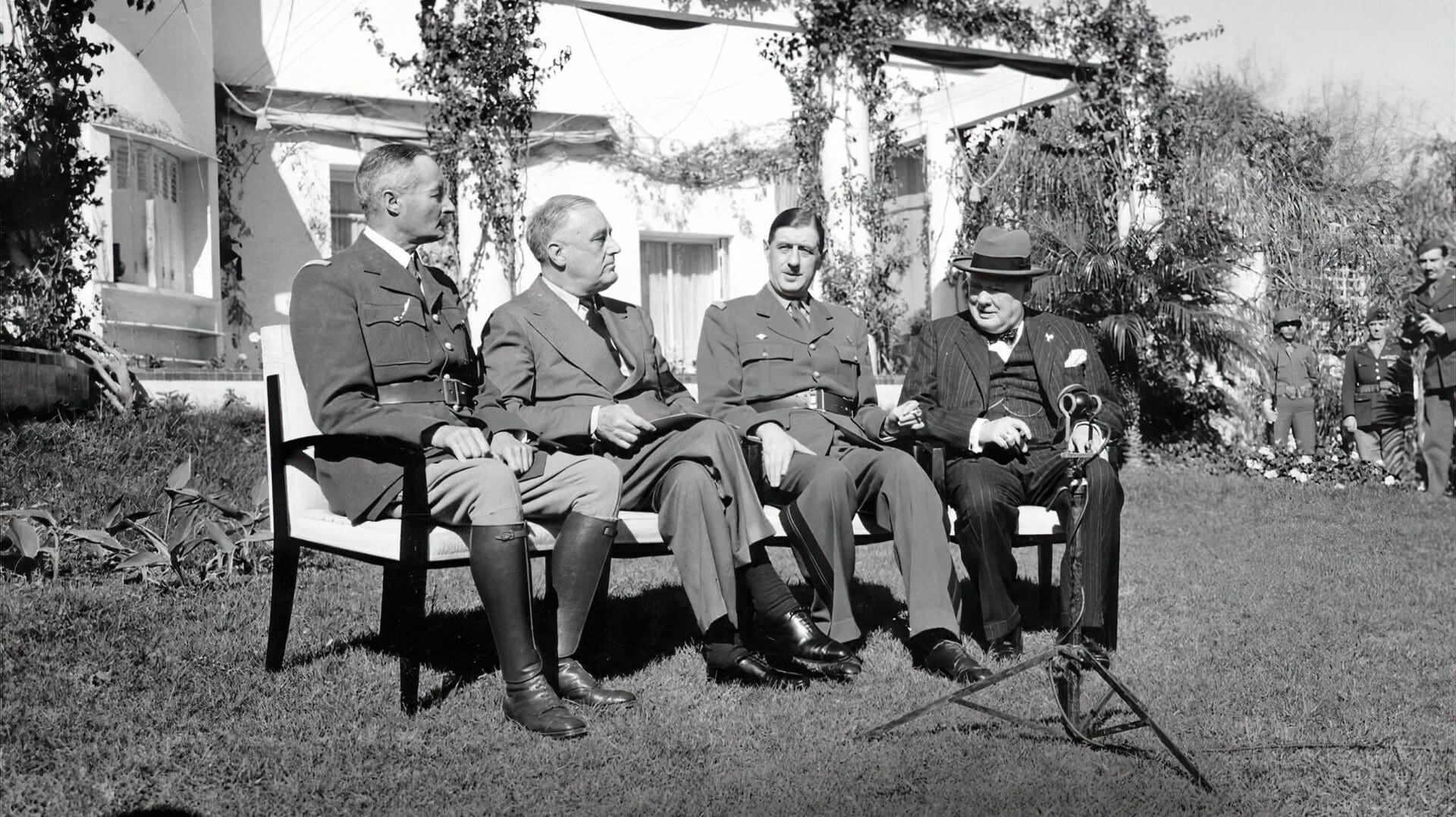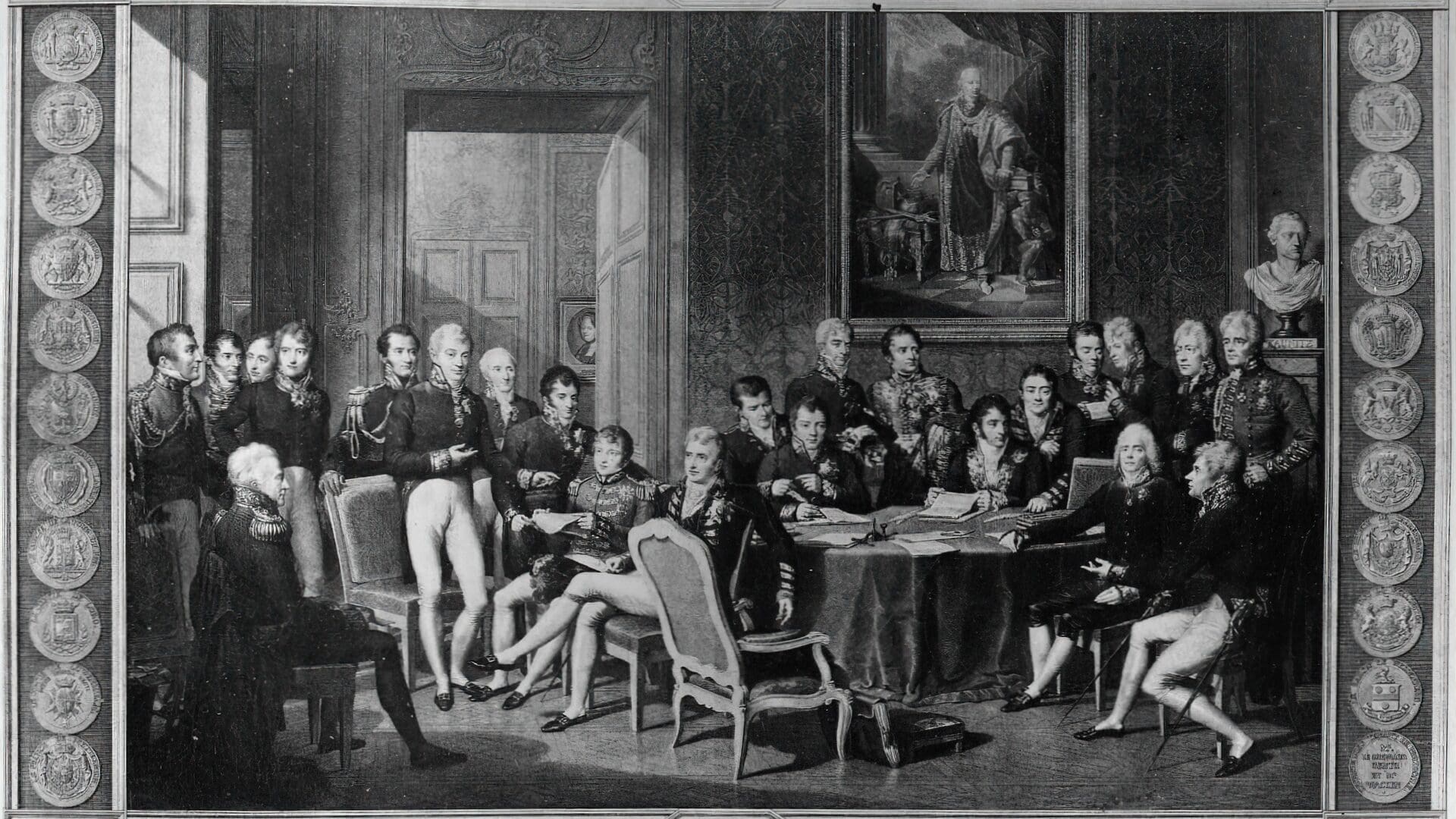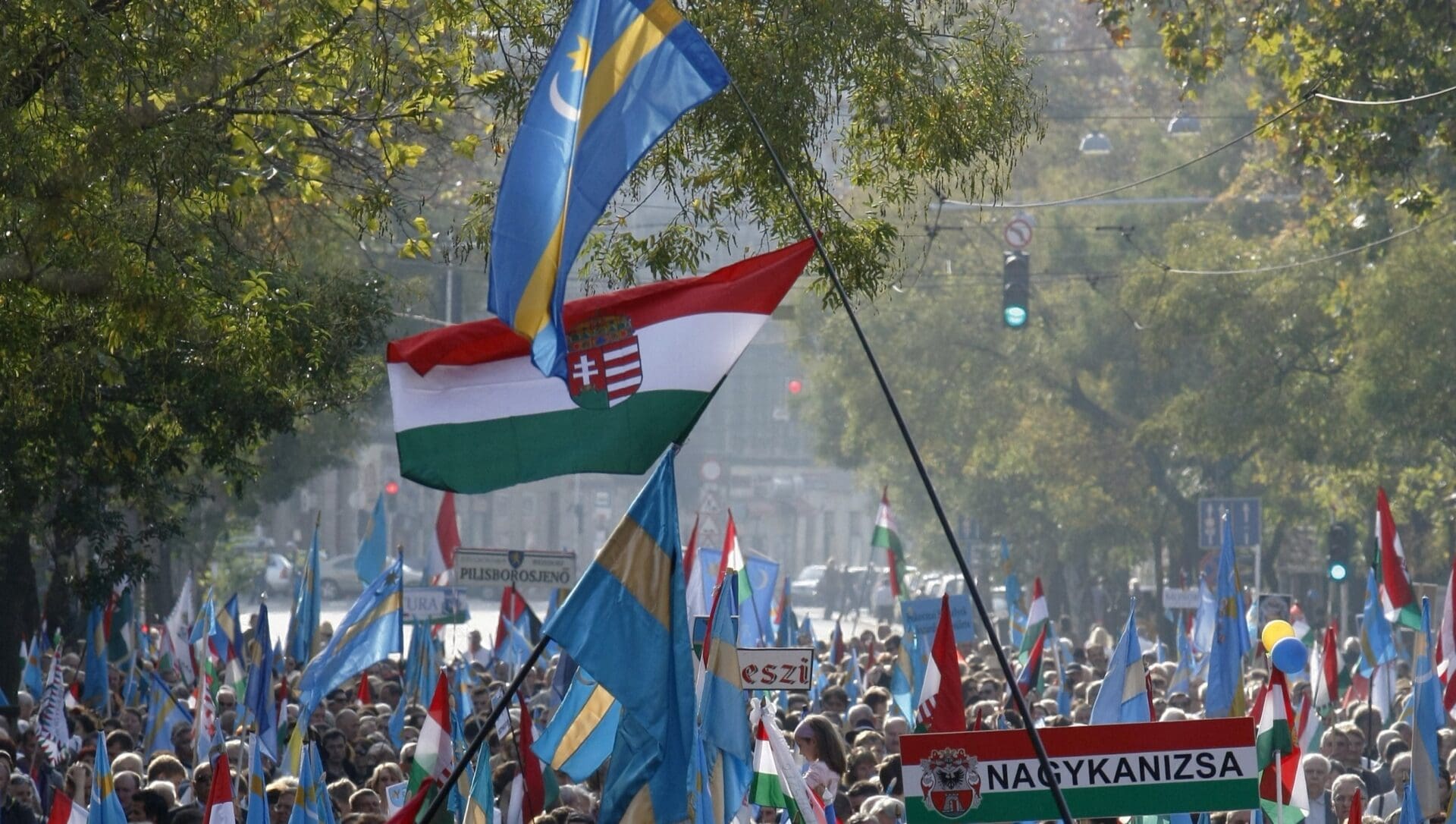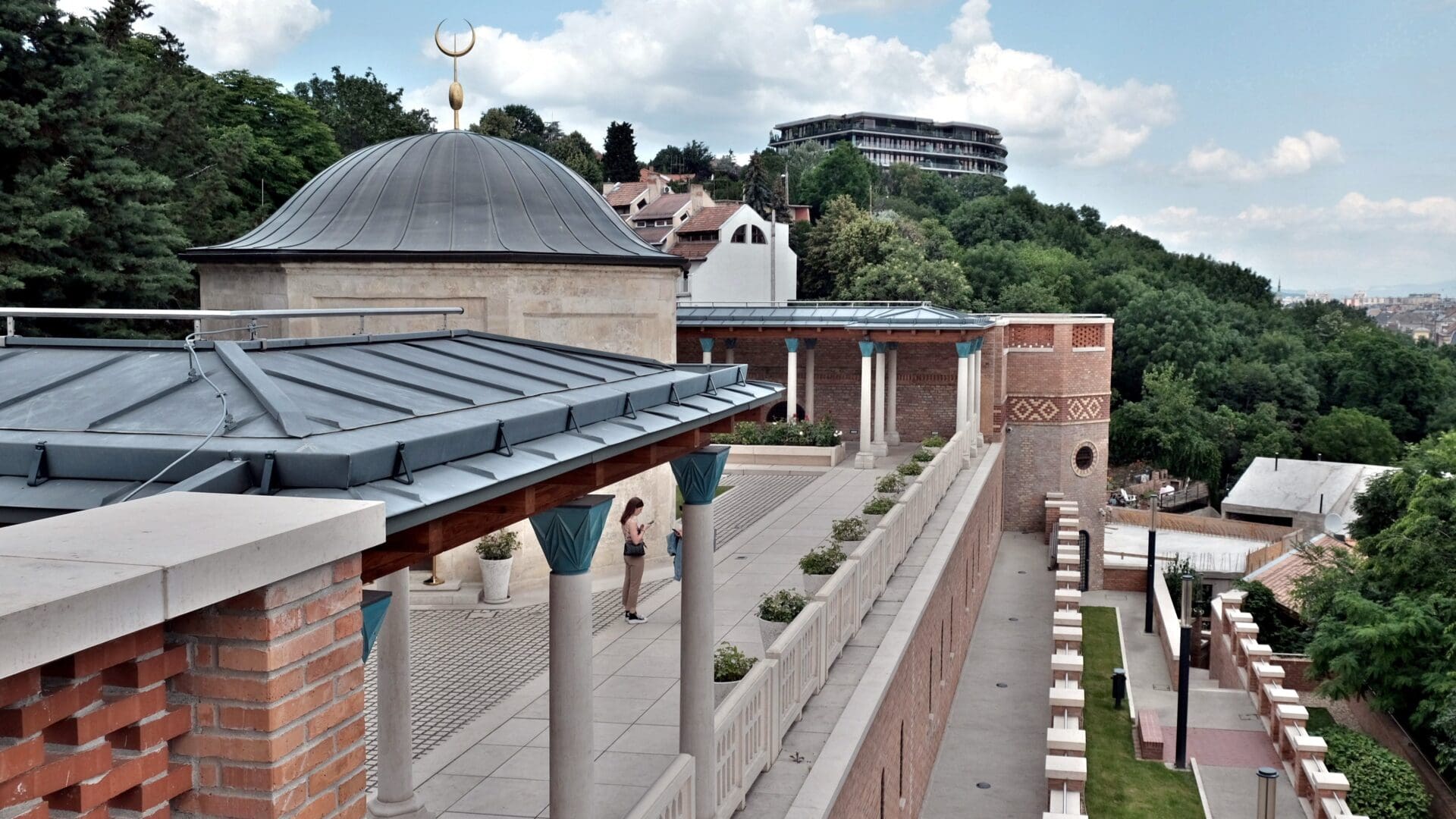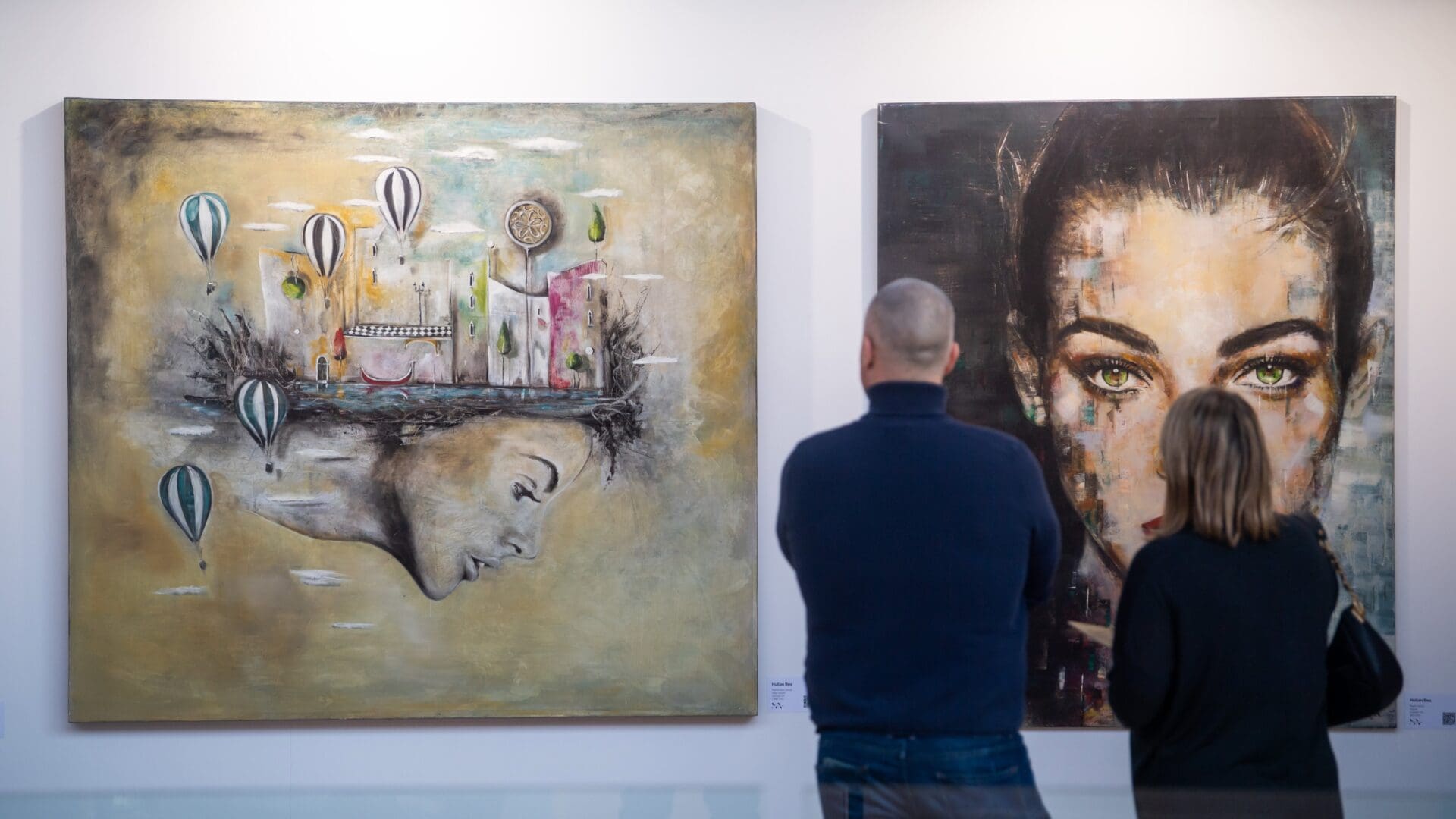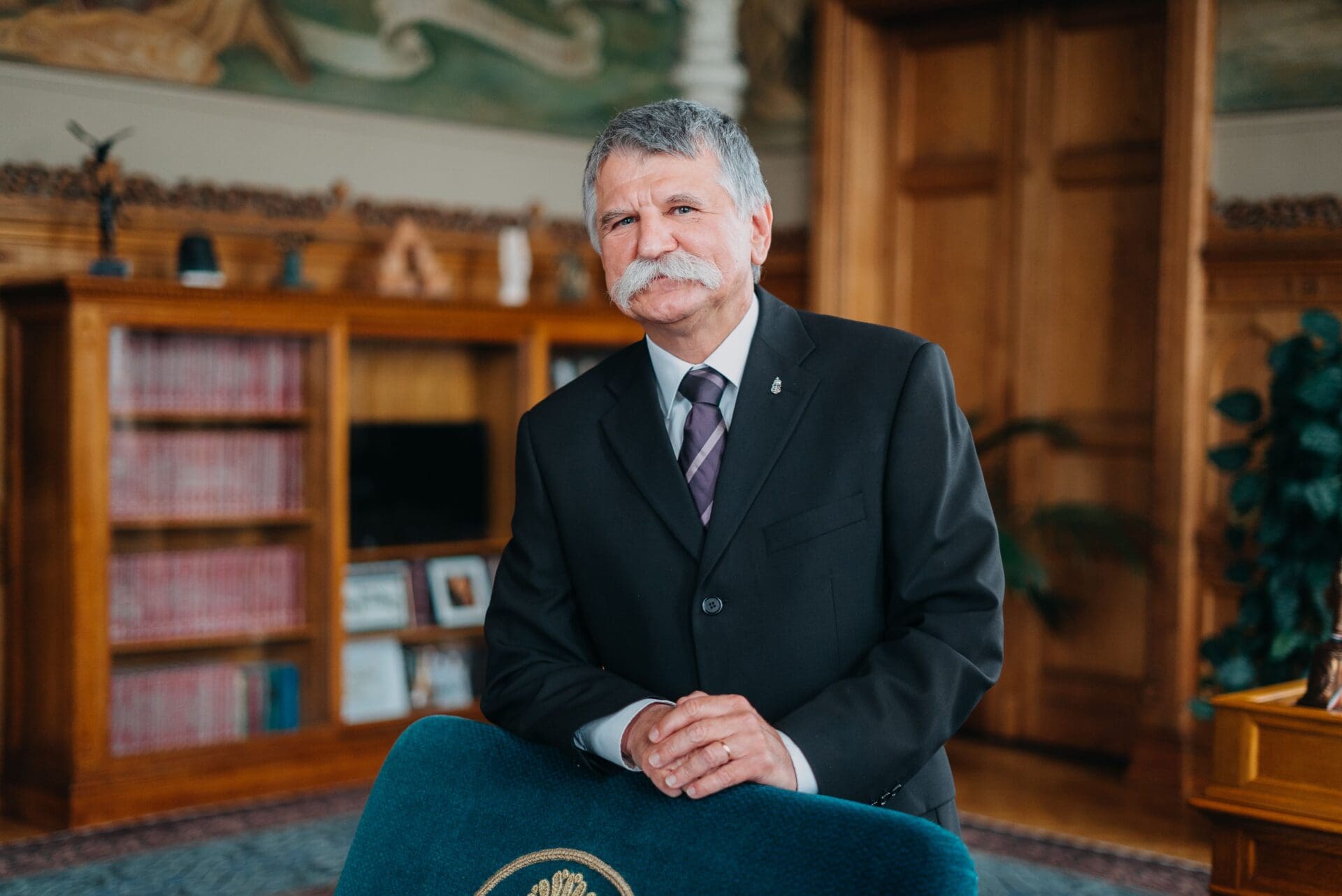
‘Survivors carry the credentials of the forever silenced’ — A Conversation with Dr. Péter Forgách
‘When I heard the saying, “Survivors carry the credentials of the forever silenced”, it really touched me. Due to the values instilled in me by the Hungarian scouts and the Piarists, as well as the American attitude of giving back, it slowly emerged as a conviction that I had a responsibility to help others who were less fortunate.’

